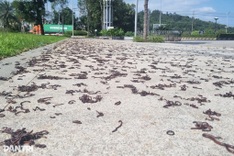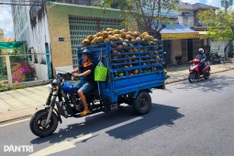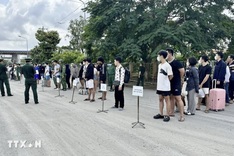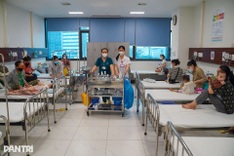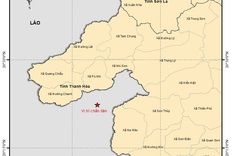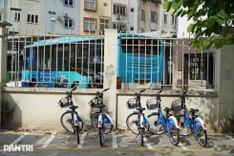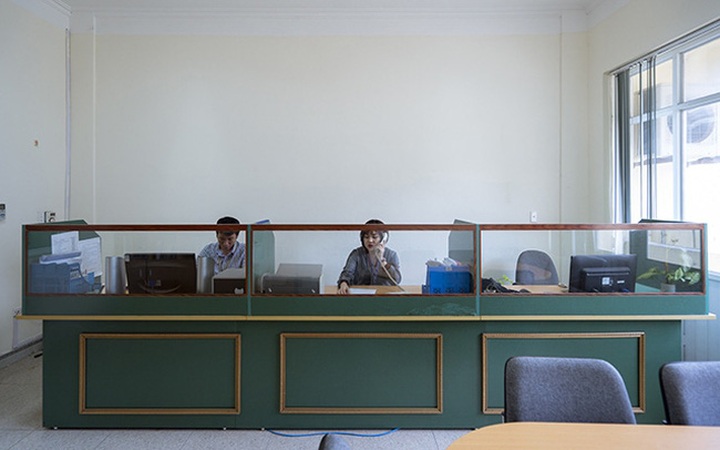
The shelter, the first model of its kind in the area, was set up by the Ministry of Labour, Invalids and Social Affairs (MOLISA) and the United Nations Population Fund (UNFPA) in partnership with the Korea International Cooperation Agency (KOICA).
The house shelter will be directly managed by the Quang Ninh Provincial Social Work Centre, under Quang Ninh Provincial Department of Labour, Invalids and Social Affairs.
In Vietnam, the National Study on Domestic Violence against Women, released by the General Statistics Office, under the coordination of UNFPA in Vietnam in 2010, showed that 58 per cent of ever-married women had experienced at least one of the three forms of violence (physical, sexual or psychological) in their lifetime. Approximately 50 per cent of victims did not tell anyone about the violence they endured, and 87 per cent did not seek any help from public services.
Data from Quang Ninh province shows that between 2016-2018, there were 555 cases of gender-based violence reported, and women victims constituted 81%. In particular, there were emotional violence (65.2%), physical violence (29%), sexual violence (2.3%), and economic violence (9.5%). The large majority (76.3%) of victims were in the age group 16-59 years.
In times of crisis such as the Covid-19 outbreak, women and girls may be at higher risk of intimate partner violence and other different forms of violence caused by other members of the family, due to confined environment at home for a prolonged period of time, restrictions of movement, and heightened stress and tensions in the household.
Other forms of GBV may also permeate including sexual exploitation and abuse in these situations. In some countries, the number of women calling for help has doubled.
In Vietnam, GBV service providers have also observed increases of calls over the past few weeks.
"It is necessary to open the shelters for victims of gender-based violence like “Anh Duong” House – a safe space for women victims, which can provide timely, integrated and quality essential services and care," he said.
Speaking at the launching, Country Director of KOICA Vietnam Office, Cho Han-Deog, said, "The project’s activities including the establishment of one coordination mechanism to facilitate inter-institutional support essential services will bring about efficient, professional, gender-sensitive and tailored assistance to GBV victims.”
“Our staff operate around the clock. They have necessary skills to deal with sensitive gender-based violence related information, and any survivors of gender-based violence when in need of support shall be welcomed, and they are provided with timely and personal care and follow-up actions to find solutions against the violence,” said Nguyen Phuc Phong, Director of “Anh Duong” House Shelter and Quang Ninh Provincial Social Work Centre.



